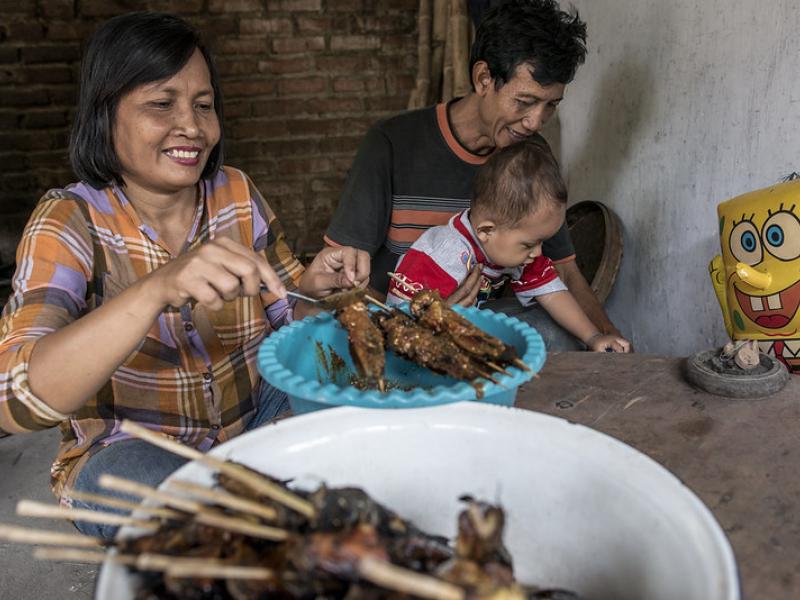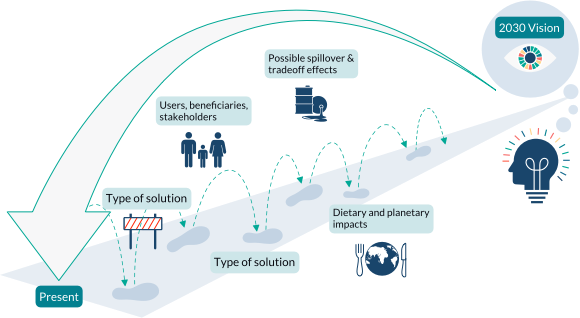Mother empowerment by distributing straightforward planetary health guidelines

Description of the innovative solution
It is no secret that mothers are the powerhouses of society, whether a specific community succeeds to acknowledge it or not. Women (and mothers) are severely under-represented in many discussions of international interest, especially when it comes to environmental health. As mothers are the backbone of society, it is a great failing to not include them in the conversation of climate change as they will have a great deal of influence over the future state of the world. In many lower socioeconomic status countries, mothers not only keep their families up and running but also perform many tasks...
It is no secret that mothers are the powerhouses of society, whether a specific community succeeds to acknowledge it or not. Women (and mothers) are severely under-represented in many discussions of international interest, especially when it comes to environmental health. As mothers are the backbone of society, it is a great failing to not include them in the conversation of climate change as they will have a great deal of influence over the future state of the world. In many lower socioeconomic status countries, mothers not only keep their families up and running but also perform many tasks for their community at large. Presenting mothers with exemplary resources on planetary health will lead to generational advantages in environmental conservation. Equipping mothers with a consistent resource for planetary health topics, conservation trainings and mentorship will undoubtedly lead to greater understanding of environmental health everywhere. Giving mothers a seat at the table of conversations about environmental interventions and solutions will secure long lasting, beneficial planetary impacts. Mothers raising children to be aware of their environmental impact will only beget more mothers raising children to be aware of their environmental impact; enter the positive feedback loop of environmental conscientiousness of communities for generations to come.
Examples and additional resources
Real-world examples
See this solution in action in different contexts and settings around the world
OTIFA: Outreach Therapeutic Infant Food Agency
Nature's Bowl
Additional resources
Learn more about this solution through studies, articles, business cases, and other information
UN Assessment on achieving gender equality through women's empowerment
Improved food security through maternal empowerment
Contacts
Connect to others working on and with this solution around the world
h.zornetzer@cgiar.org
Pathways to uptake
Engage with our “backcasting tool” to imagine and design “pathways to uptake” for this solution in your setting.
This process involves defining a future vision of this solution being used in your context, and then working “backwards” to identify necessary steps to achieve this vision by 2030. Going through this exercise as an individual or with a team can help to clarify the WHAT/WHEN/HOW of moving a solution (or package of solutions) towards having major impact. We hope these pathways will inspire outside-of-the-box thinking, creative approaches, and actionable concrete steps to move ideas into action.
Pathway builder
Explore pathways for this solution
Be the first one and add a pathway for this solution!